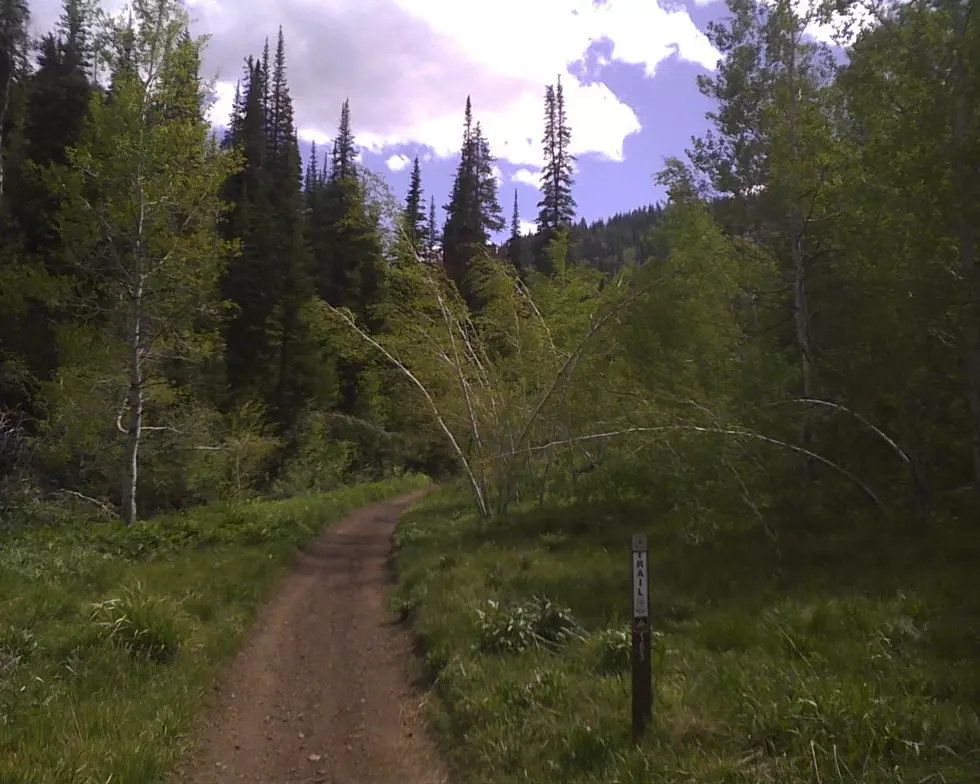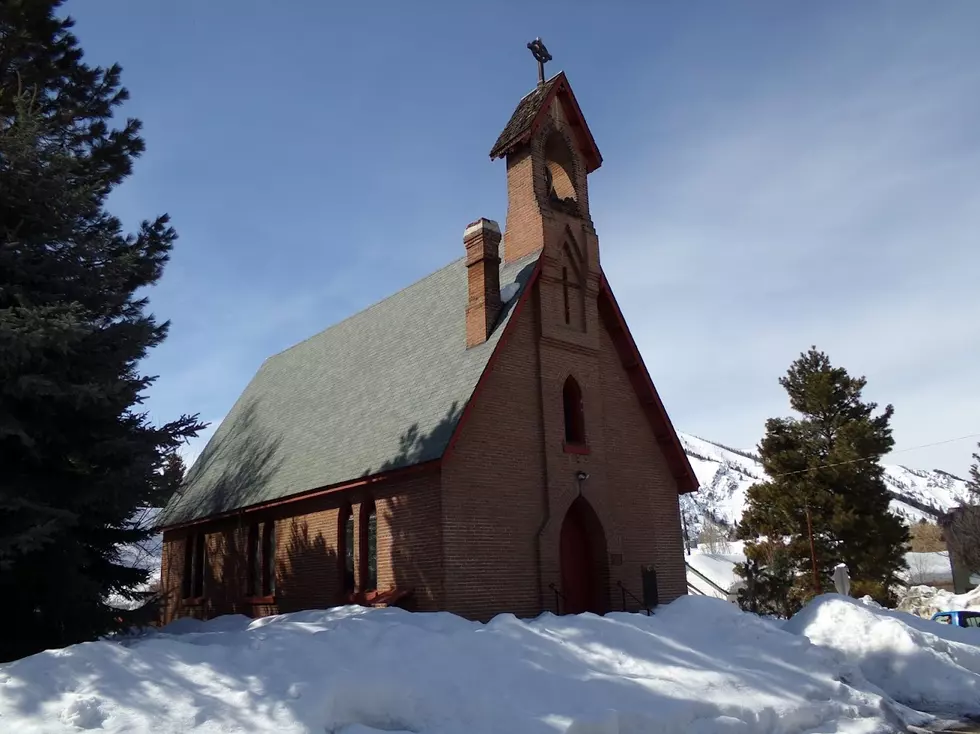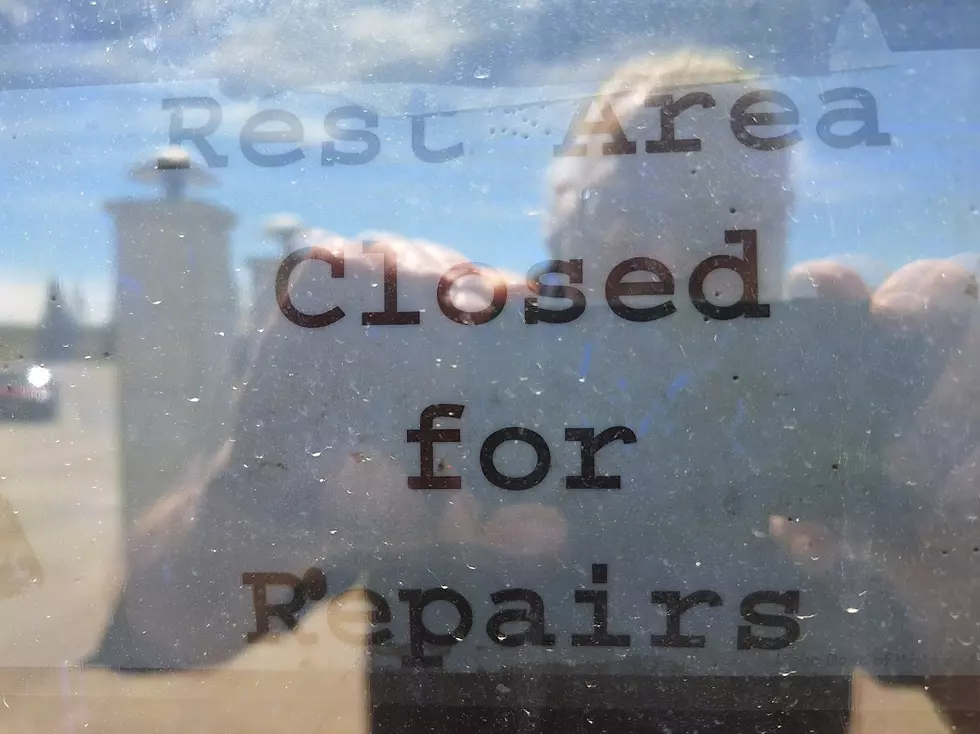
Lawsuit planned after giant forest project OK’d in Idaho
BOISE, Idaho (AP) — A giant forest project in Idaho rejected by the 9th U.S. Circuit Court of Appeals is on again, and an environmental group says it violates the court's orders and will stop it with another lawsuit.
The U.S. Forest Service on Friday approved the 125-square-mile (325-square-kilometer) project on the Payette National Forest, with work expected to start this week.
The Forest Service and the Alliance for the Wild Rockies agree the project is precisely the same as the one halted by the 9th Circuit Court's ruling against the Forest Service in August 2018.
But the Forest Service said it has added wording to an environmental review to clarify technical inconsistencies and other problems that caused the appeals court to stop the project. The agency said the new approval decision Friday based on the clarified environmental review removes the process from court rulings and allows work to begin.
"Now we can implement immediately because it's a new decision," said Erin Phelps, a district ranger on the Payette National Forest.
Mike Garrity, executive director of Alliance for the Wild Rockies, said the project still deviates from the 2003 Payette National Forest Land and Resource Management Plan, which is the argument the group used to win in the 9th Circuit Court. That win, Garrity said, reaffirmed that national forest plans are binding.
But in its latest decision, the Forest Service "basically told the 9th Circuit they were wrong," Garrity said. "The problem is they're not the court. They can't overrule the court."
The Forest Service says the Lost Creek-Boulder Creek Landscape Restoration Project has a combination of commercial logging, prescribed burning and recreation improvements such additional trail maintenance and installing bathrooms. Also planned are habitat improvements for federally protected bull trout and northern Idaho ground squirrel.
The commercial logging can help pay for some of the other projects, Phelps said.
"It's kind of a rush right now to take a look at what we need to do to get people back on the ground," she said.
But Garrity said the plan comes at the expense of wildlife habitat and recreation to increase commercial logging "and turns the rest of the project into a tree farm, and national forests aren't supposed to be tree farms."
The project that initially started in 2015 has the backing of the Payette Forest Coalition, a diverse collaboration of individuals and groups, including environmentalists, which intervened in the court case on the side of the Forest Service.
A U.S. District Court in Idaho ruled in favor of the Forest Service, but the 9th Circuit Court reversed that ruling. The appeals court didn't delve into whether the project was good or bad. The court ruled that parts of the project weren't in line with the 2003 Payette National Forest Land and Resource Management Plan that had gone through a public environmental review process.
The court took issue with, among other things, what it said was a Forest Service change in how large sections of the forest would be managed when it came to logging and restoration.
The Forest Service said the 2014 environmental impact statement used to approve the project was sound, "but additional clarification was warranted."
The Forest Service did that in part, it said, by appending technical corrections to the final environmental impact statement used in making Friday's decision.
More From News Radio 1310 KLIX









